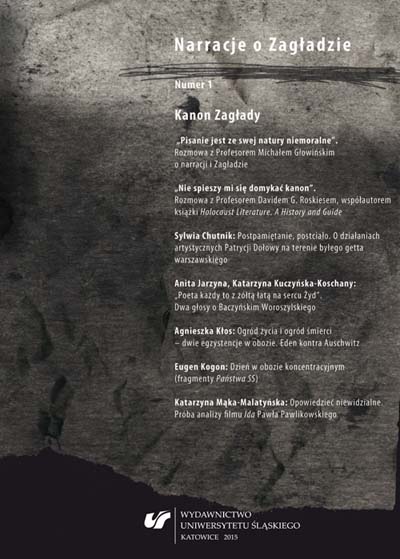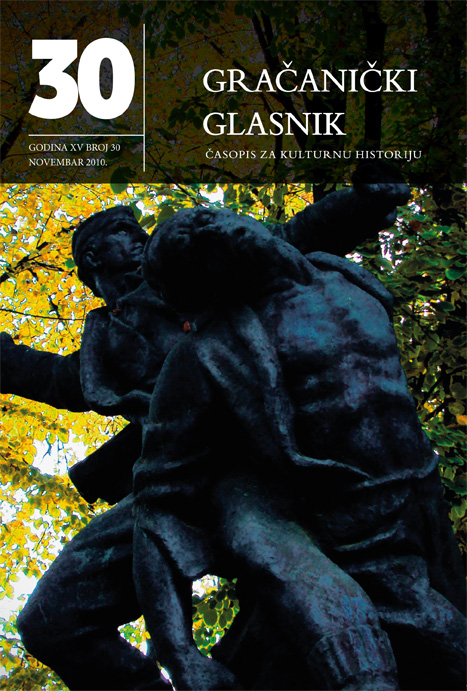
The Shoah, postmodernism, the canon and popular culture
Zagłada, postmodernizm, kanon i literatura popularna
Keywords: Holocaust; postmodernism; canon; crime novel; trauma; postmemory
In the article the author asks a question about the reasons for the absence of postmodern and popular literature in the prose canon of the Shoah. He sees the cause of this state of affairs in the historical conditions of the literature of the Shoah, in the ethically and moralistically oriented reading of its texts and in the problems of this prose associated with the categories of fiction and fictionality. According to the author, the “exclusion” of postmodern and popular prose in the canon and its distance toward these phenomena results from the concern about the excess of textuality which is peculiar to these literary forms. Another reason is associated with the perspective, historically determined in the Polish context, of understanding postmodernism as an ahistorical trend – contrary to the classical views of Linda Hutcheon, Amy Elias or Paula Crosthwaite, who emphasise the state of being “possessed by history”, typical for this formation, which according to the researchers brings about a far-reaching transformation of the perception of historicity and the attitude of literature toward the trauma. As a result, the postmodern answer to the trauma of the past makes a recourse to the repertory of different literary means and it(usually) engages the Shoah from the perspective of a temporal and generational distance. In a similar manner the author attempts to demonstrate, on the basis of a crime novel by Zygmunt Miłoszewski, "Ziarno prawdy" (2011), how Polish memory about the Shoah is reflected in popular literature, being a reflection of the collective mechanism of repression, processing and answering to the trauma of the past.
More...
